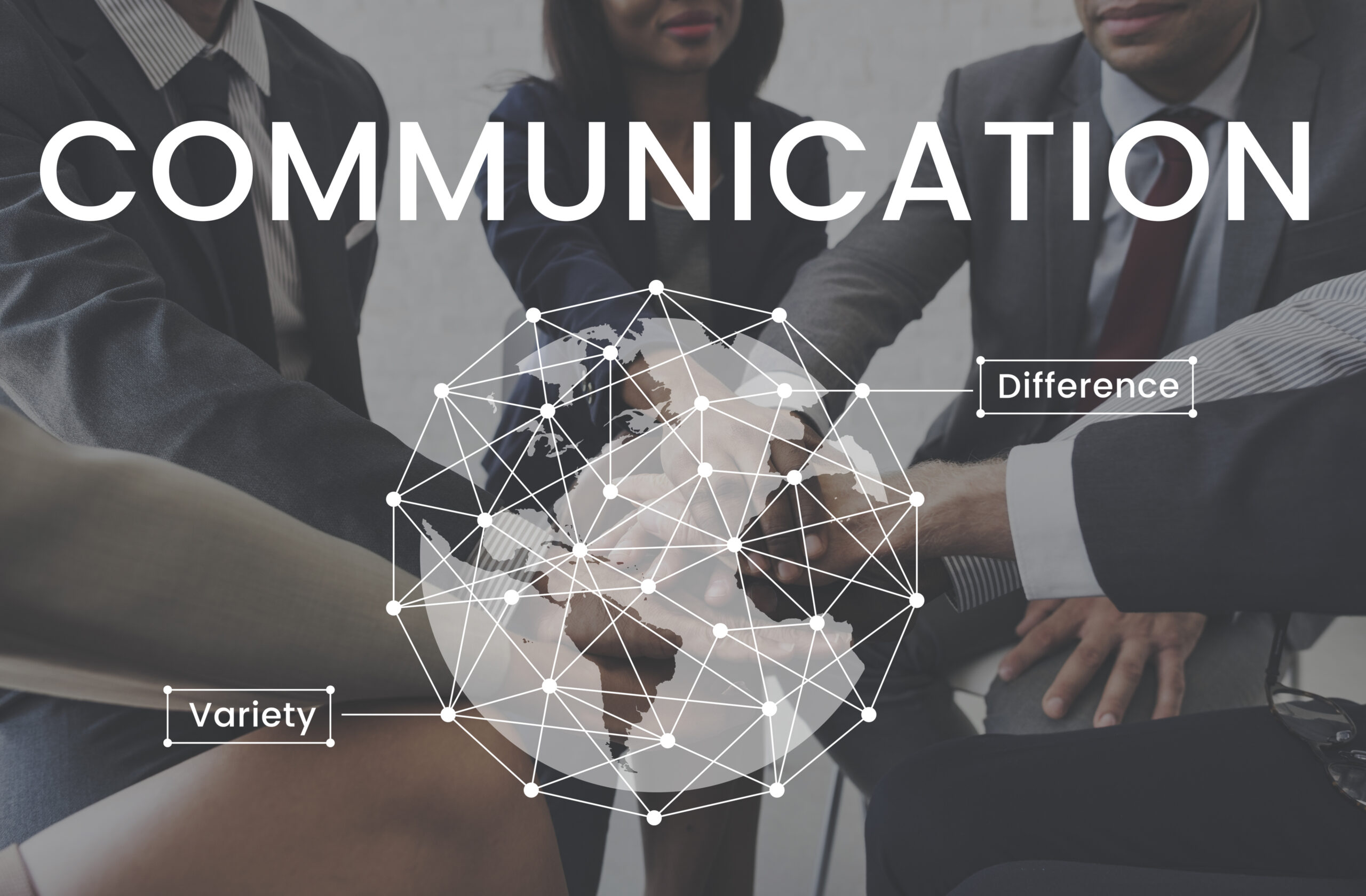Effective communication is the cornerstone of success in both personal and professional aspects of one’s life. Whether you’re interacting with colleagues, negotiating with clients, or fostering relationships with friends and family, the ability to convey your message clearly and persuasively can make all the difference. Thus, we give you an exploration of essential communication skills and how to develop them to enhance one’s effectiveness.
Active Listening

One crucial component of effective communication is active listening. This goes beyond merely hearing words as it involves fully engaging with the speaker, understanding their message, and responding thoughtfully. Active listening requires giving full attention to the speaker, avoiding interruptions, and providing feedback to confirm understanding. For instance, paraphrasing what the other person has said and asking clarifying questions can demonstrate that you are engaged and committed to comprehending their perspective.
Clear and Concise Expression

Being able to articulate your thoughts clearly and concisely is vital. Refrain from using jargon, overly complex language, or lengthy explanations that may make your message unclear. Instead, aim for simplicity and clarity. For instance, if you’re presenting a proposal, break down your ideas into manageable points and use straightforward language. This approach helps ensure that your audience grasps your message without confusion or misinterpretation.
Non-Verbal Communication

Non-verbal cues, including body language, facial expressions, and eye contact, play a significant role in effective communication. These cues can reinforce or contradict the spoken message, impacting how one’s communication is perceived. Maintaining eye contact, using open and approachable body language, and being mindful of your tone can help convey confidence and sincerity. For example, leaning slightly forward and nodding during a conversation can show engagement and empathy.
Empathy and Emotional Intelligence

Empathy, or the ability to understand and share the feelings of others, is a vital component of effective communication. It involves recognizing and validating the emotions of those you are interacting with. Emotional intelligence, which includes empathy, self-awareness, and self-regulation, can enhance your communication by enabling you to respond to others in a more understanding and considerate manner. For example, acknowledging a colleague’s frustration and expressing understanding can build rapport and foster a positive working relationship.
Adaptability

Undeniably, effective communicators are adaptable. This means adjusting your communication style to fit the context and audience. Different situations may require different approaches. For instance, a formal presentation will differ significantly from a casual team meeting. Moreover, reading the room and tailoring your message accordingly can enhance your effectiveness. In connection, using visual aids in a business presentation can help clarify complex ideas, while a more relaxed tone might be appropriate for team brainstorming sessions.
Constructive Feedback

When giving feedback, focus on specific behaviors rather than personal attributes, and frame your feedback in a positive, solution-oriented manner. For example, instead of saying, “You’re always late,” you might say, “I’ve noticed that you often arrive after the scheduled start time. Can we discuss ways to address this?” Bear in mind that euphemism is your friend! Similarly, when receiving feedback, approach it with an open mind, ask for examples if needed, and use it as an opportunity for growth.
Confidence Without Arrogance

Confidence is crucial for effective communication but should not veer into arrogance. Communicating with confidence means expressing your ideas assertively while being respectful and open to others’ viewpoints. It involves being prepared, staying composed under pressure, and articulating your thoughts clearly. For example, when leading a meeting, confidently presenting your agenda and ideas while being receptive to questions and input can help establish your credibility and foster a collaborative environment.
Cultural Sensitivity

In our increasingly globalized world, cultural sensitivity is an essential communication skill. Understanding and respecting cultural differences can prevent misunderstandings and build stronger relationships. This includes being aware of varying communication styles, social norms, and etiquette. For example, being mindful of different cultural perspectives on hierarchy and formality can help you navigate international business interactions more effectively. Also, think of getting “canceled.” It’s not something you would wish for you to happen.
Overall, mastering effective communication skills is an ongoing process that involves continuous practice and self-reflection. By honing active listening, clear expression, and empathy skills, you can enhance your interactions and achieve greater success in various aspects of life. Embrace these principles and adapt them to your context, and you’ll find that your ability to communicate effectively will open doors to new opportunities and strengthen your relationships.
References:
<ahref=”https://www.freepik.com/free-photo/workers-working-together-network-graphic_17094963.htm#fromView=search&page=1&position=0&uuid=e16e5fe0-4238-44ef-b756-945115794325″>
Emerson, M. S. (2021, August 30). 8 ways you can improve your communication skills. Harvard Division of Continuing Education. https://professional.dce.harvard.edu/blog/8-ways-you-can-improve-your-communication-skills/
Gattig, N. (2023, August 27). 18 effective strategies to improve your communication skills. Better Up. https://www.betterup.com/blog/effective-strategies-to-improve-your-communication-skills
Robinson, L., Segal, J. & Smith, M. (n.d.). Effective communication: Improving your interpersonal skills. HelpGuide.org. https://www.helpguide.org/articles/relationships-communication/effective-communication.htm
